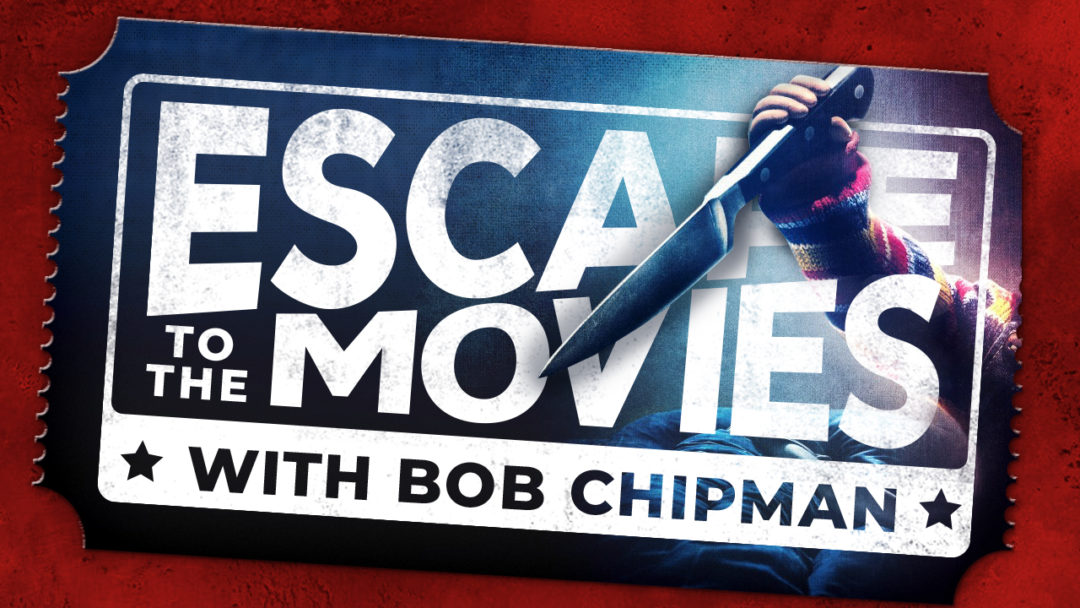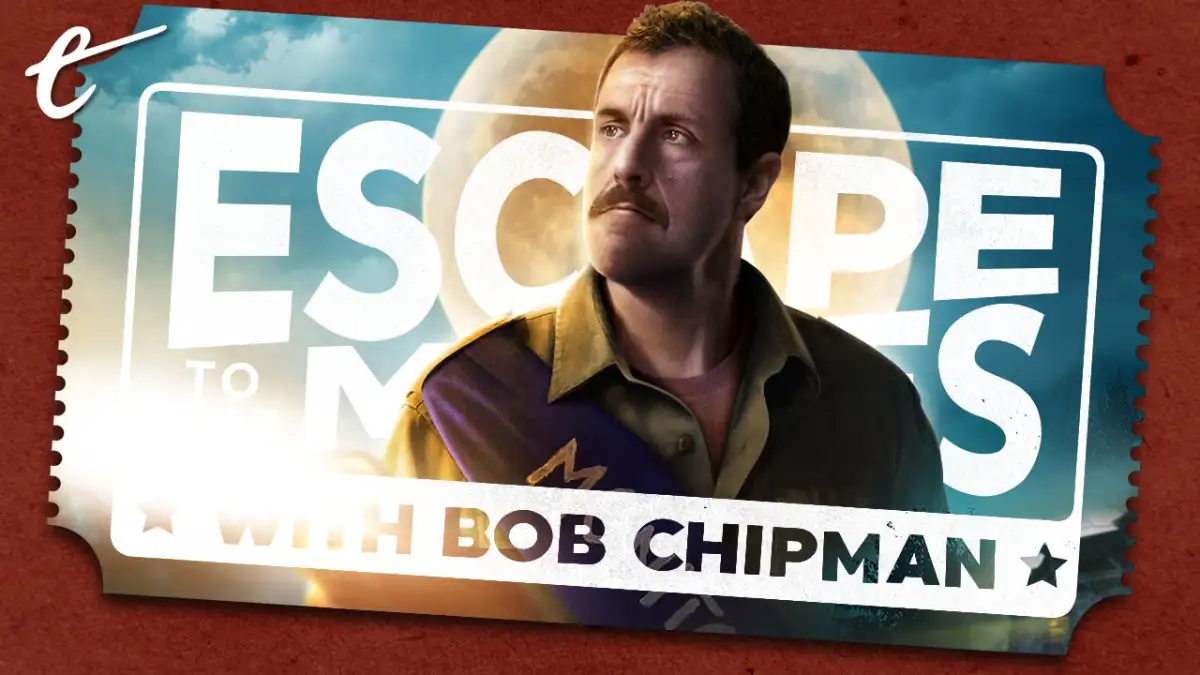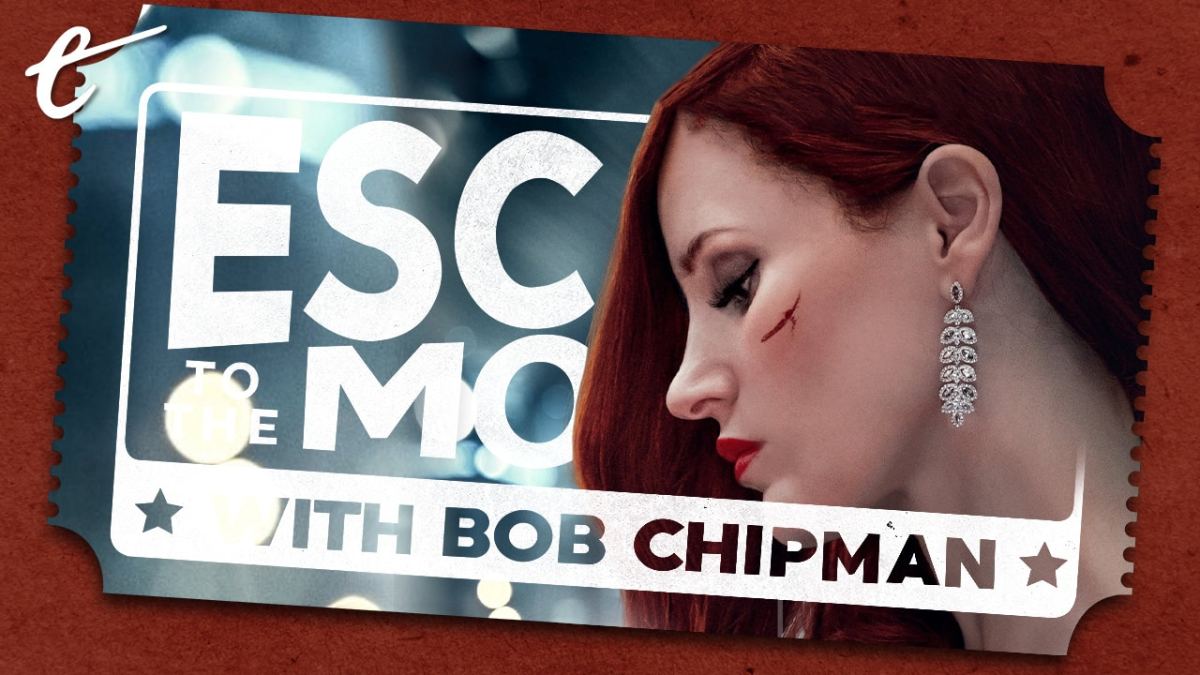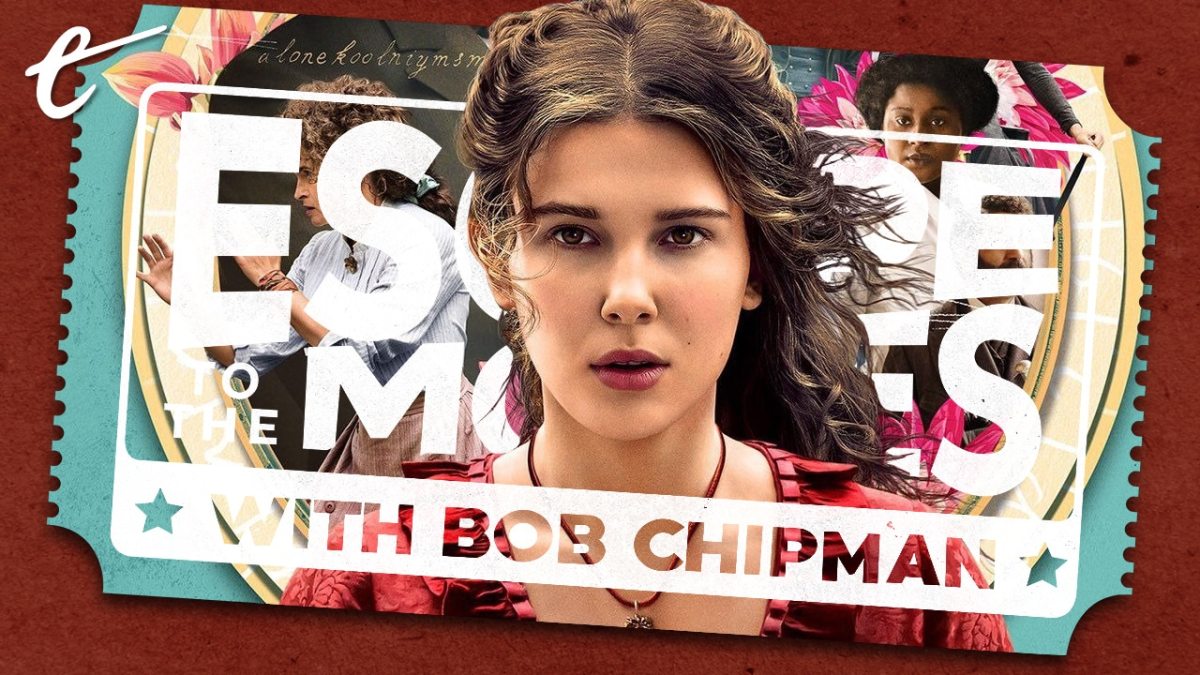In this era of moviemaking it seems studios don’t want to spend money on anything that hasn’t already been proven to work. The one advantage of that is ambitious and clever creatives can get themselves noticed by attaching a new take or gimmick to a recognized but otherwise stale brand name. They’re using the studio’s reliance on audience hunger for familiarity as a shortcut to the top and a smuggler’s hole for originality.
However many times that’s actually paid off is, of course, in the eye of the beholder. But there’s now a near-perfect example of the downside of that trend in the new-in-name-only reboot of Child’s Play. The reboot is an obnoxious prospect on its face considering that the original series — which has the original actors and is overseen by the original creator — is still going strong. It’s most recent sequel was released to positive response in 2017 and a TV miniseries for Syfy is in development. It’s further shown to be unnecessary considering the new take comes heartbreakingly close to being an above-average film in its own right but is ruined by having to remake Child’s Play.
For those not up to speed on the surprisingly dense lore of the original property, the 1988 film was a cult-horror classic that hit a nerve mainly on the strength of Brad Dourif’s vocal performance as Chucky, a Cabbage Patch-esque doll possessed by the spirit of a deceased human serial killer whose ongoing crimes are blamed on his initially beguiled young owner, Andy. The new film junks most of the premise, including all hints of the supernatural, in favor of taking the paranoid scifi route. Specifically, it’s a horror riff on Steven Spielberg’s A.I. Artificial Intelligence in the key of Black Mirror.
The new Chucky is now a malfunctioning model of Buddi, essentially Alexa but built into a robot doll so it can follow you around like a creepy pet homunculus while you ask it to remote-operate your other products. If you’re wondering “Why the hell would a 2019 tech company design its state-of-the-art flagship product mascot to look and sound like an anachronistic 1980s throwback doll (voiced this time by Mark Hamill) instead of something in the same faux-futuristic Apple/Google/Huawei aesthetic as the tech it’s meant to interface with imagine that incongruity across an entire feature and you can see where it starts to go wrong.
It really is a shame because despite how dumb the idea of turning Chucky into Skynet Junior was made to sound in the trailers, the actual setup and narrative are legitimately decent as pop science-fiction. The inspired gimmick this time is that there isn’t actually anything malevolent or even truly sentient about Chucky. He’s just a computerized device following a program that directs him to observe his human owner Andy’s behavior, learn his emotional wants and needs, and respond accordingly. But Andy happens to be a 13-year-old boy meaning his emotional wants and needs are confused, hypercharged, constantly shifting, and basically make no sense from the perspective of pure algorithmic logic and reason. Chucky essentially machine-learns himself into a full-blown murderous psychopathy in what feels like about a month. With Child’s Play’s version of Isaac Asimov’s Three Laws of Robotics having been literally disabled in this particular unit, it’s not long before Chucky is stalking his best friend’s perceived enemies and imitating his favorite violent movies in order to win his approval.
I’m not 100% certain that the conceit that “If we made machines too smart, interacting with us would drive them crazy!” makes airtight sense. But the basic concept of a piece of consumer technology deciding to start whacking humanity against the wall because our interface is confusing and never works correctly is clever enough to deserve a better film. At least some of the movie doesn’t cheat the premise. The mechanics of the script are smart, especially when it comes to the “I’m afraid I’ll be blamed for these crimes only I know about” stuff. The gore effects and kills are also inventive and well-executed.
It just ultimately proves to be too much of a weird incongruity that the pieces of a pretty decent horror movie end up uninspired because they’re unsuccessfully trying to prop up a centerpiece that can only ever manage to be a pale imitation of an iconic genre fixture. Even if you don’t have any particular attachment to the original version of Child’s Play, this the fact that everything recognizably Chucky-ish about the concept doesn’t fit in with the rest of the premise is a constant immersion breaker.
Child’s Play is kind of fun and mildly engaging while it plays out, and the actors are all working much harder than they probably needed to. But everything that doesn’t work about the film sticks out the longer you think on it. I will be extremely interested to see what newcomer director Lars Klevberg does when someone gives him better script.






Published: Jun 21, 2019 12:03 pm